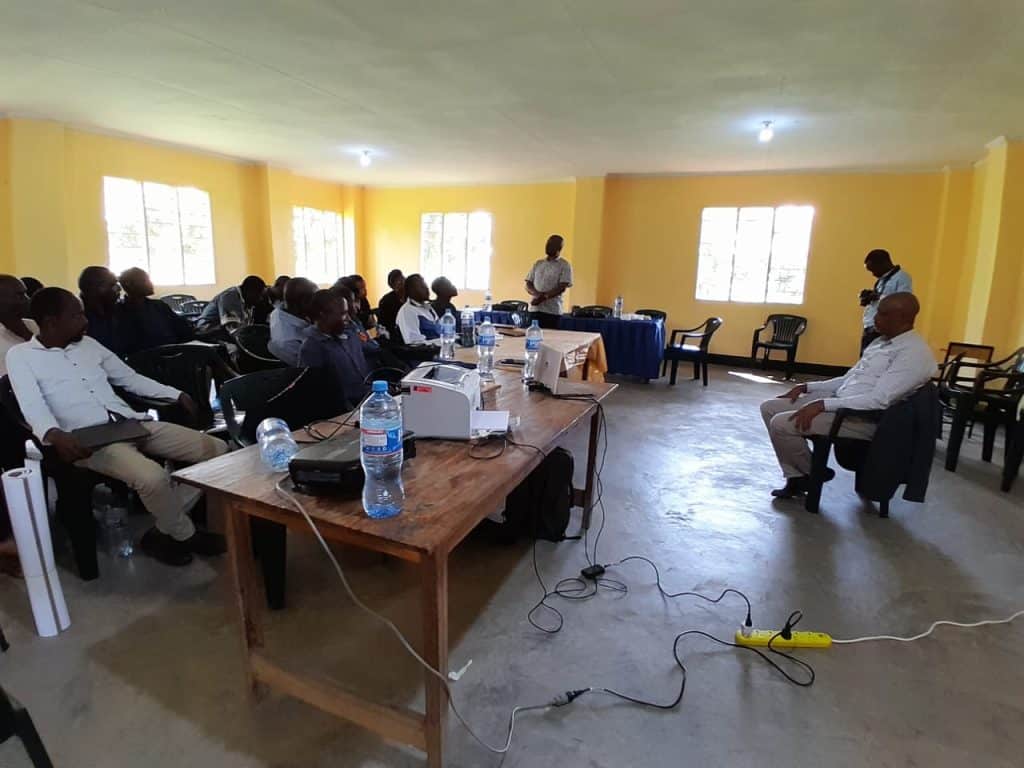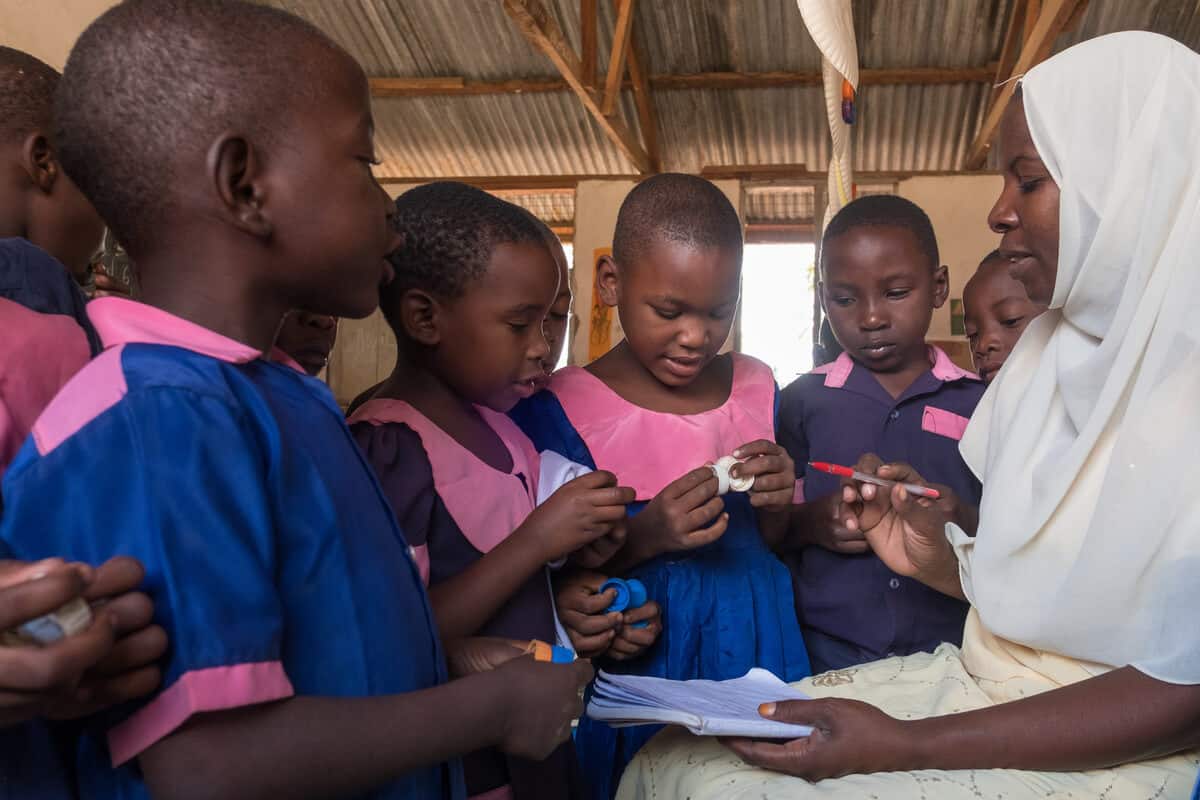Schools2030 Global Research Partners Right to Play International, University of Dar es Salaam and University of Notre Dame have been exploring the effect of learner-centred pedagogies on holistic learning outcomes at primary level in Tanzania. Their research has found that teachers in schools using Human-Centred Design and play-based learning approaches displayed better practices in learner-centred pedagogies, with students in these schools achieving higher average scores in literacy and SEL skills as compared to students in “business as usual” schools.
This project was led by Dr Vendelin Simon (University of Dar es Salaam), Dr Nikhit D’Sa (University of Notre Dame) and Eric Opoku (Right to Play International). As a Schools2030 research consortia, the respective partner institutions have been working together with Schools2030 over the past two years, with Schools2030 schools and teachers having been involved in the study, including by co-creating a contextualised SEL assessment tool that was used as part of the research.

Key findings from their report indicate that:
- Teachers in schools deploying Human-Centred Design (HCD) and play-based learning (PBL) approaches displayed better practices in learner centred pedagogies
- For example, teachers in PBL and HCD schools frequently acknowledged student efforts, maintained a friendly tone during lessons, created a positive learning climate, and supported students’ effort for deeper learning through exploration
- However, more could be done to promote teaching practices that support student agency in the learning process, that connects learning content to students’ personal experiences or promotes peer-peer social connections amongst students
- The study found a statistically significant correlational relationship between learner-centred pedagogical approaches and holistic skills development
- In all four districts studied, schools deploying learner-centred pedagogies had a higher proportion of students meeting the national reading fluency benchmark compared to “business-as-usual” schools
- Despite high levels of reading fluency, less than 1% of students met the reading comprehension benchmark, highlighting the need for any pedagogical method aiming to improve literacy to focus on bridging the gap between reading and comprehension
- Students in HCD and PBL schools had higher average SEL scores compared to those in business-as-usual schools in all the fours districts
- There was no statistical difference in the performance of students in literacy and SEL skills for those with or without a self-declared learning difference, suggesting that PBL and HCD are effective at creating a positive learning climate for all students to excel irrespective of their learning difference status
Read the full report by clicking here and access a research dissemination brief here.
As a Schools2030 community, we look forward to learning from this research as well as sharing more on the research process and findings in the near future.
